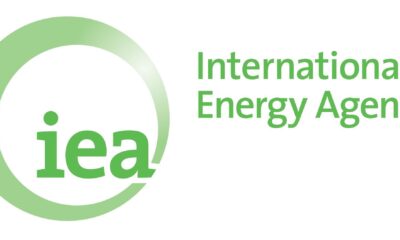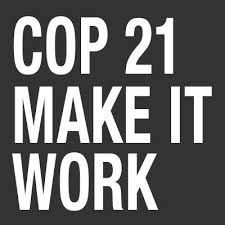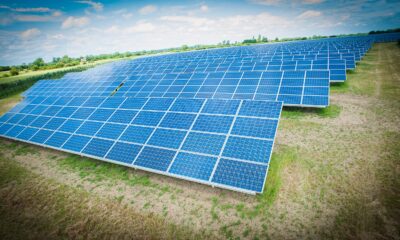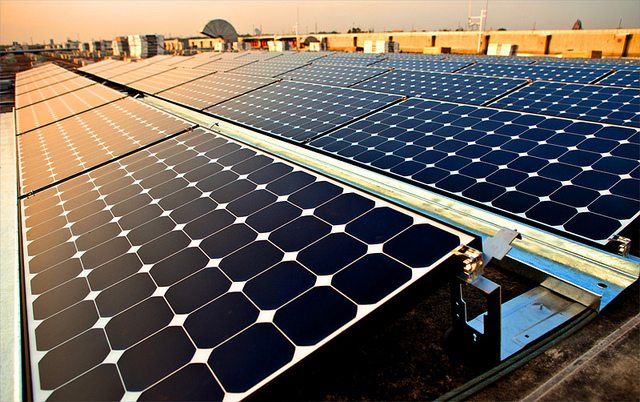
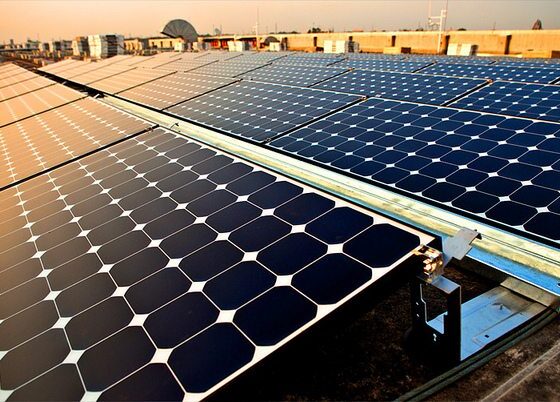
Energy
Energy Watch Group calls on the IEA to release realistic scenarios
The international network of scientists and parliamentarians Energy Watch Group (EWG) calls on the International Energy Agency (IEA) to finally release realistic energy projections. The World Energy Outlook (WEO) 2015 once again underestimates sharply the potential of solar photovoltaic (PV) and wind energy and emphasizes the conventional energy sources, the EWG assessment shows. Furthermore, the decline in the expansion of wind and solar energy, projected by the WEO2015, is not correct.
The latest EWG study has proven that the IEA has been continuously publishing misleading projections on solar PV and wind energy in the past 10 years. The WEO has significant impact both on the political and economic decisions of world governments regarding energy.
“The WEO 2015 shows one cannot take the IEA seriously as a credible energy analyst any longer,” President of the Energy Watch Group and former Member of the German Parliament Hans-Josef Fell said. “Despite its own warnings of limited investments in the oil business, the IEA predicts a further increase in the oil production until 2030. Meanwhile, the actually occurring rapid development of renewable energy is downplayed. This way the IEA increasingly turns into a cause of the global warming.”
Despite the exponential growth of solar PV and wind power in the last decades, the IEA keeps assuming a linear growth for these technologies, meaning no growth of the annual installations. However, the annual market growth of wind energy has been just under 10% since 2000, and solar PV significantly higher. The market analyses by Bloomberg New Energy Finance and IHS forecast a 10% or more annual market growth of solar PV in the coming years.
In its baseline ‘New Policy Scenario’, the IEA expects wind and solar PV markets to shrink: the annual added capacity for the period 2015 to 2040 is respectively 20% and 40% lower than the current levels. In its most optimistic ‘450 Scenario’, the IEA assumes no (0 %) annual market growth for both technologies. In addition, the investment costs for solar PV seem to be outdated, as the WEO expects for the years 2025 – 2040 on average higher investment costs than the already achieved level of 2015, with further declines in costs.
“Although the IEA spreads positive messages in its WEO presentations, the actual figures show serious errors and inadequately low forecasts for sustainable energy technologies, which are the least expensive form of energy supply in a growing number of regions in the world”, Christian Breyer, Professor for Solar Economy at the Lappeenranta University of Technology in Finland and lead author of the recent EWG study, said. “We need urgent help of journalists and civil society to find out the real reasons for these continuous incorrect IEA projections for solar PV and wind energy.”
The growth of nuclear energy projected by the WEO 2015 is doubtful. In recent years, there was no significant expansion and the exploding costs of recent nuclear projects, including in Finland and France, show that the expansion of nuclear power, projected by the WEO, will not be financially viable.
The WEO projections for the oil sector are also too optimistic as in the past. A further increase in oil consumption to over 103.5 mb/d by 2040 is unrealistic, given the high debts of oil companies, the lack of investments and the already decreasing conventional oil production. The low interest rates since 2009 obviously cannot set the expected growth impulses.
“These projections are risky and irresponsible. We are now standing at a crossroads: either high oil prices disrupt the economy, or lower prices disrupt oil companies. It is a toss-up whether the transition to a low-carbon energy supply will go smoothly or will cause major upheavals”, Werner Zittel, senior energy expert at Ludwig Bölkow Systemtechnik said. “Even more so it must be the duty of the IEA to provide realistic signposts rather than limit itself to the business-as-usual thinking.”


 Features11 months ago
Features11 months agoEco-Friendly Cryptocurrencies: Sustainable Investment Choices

 Energy11 months ago
Energy11 months agoThe Growing Role of Solar Panels in Ireland’s Energy Future

 Energy10 months ago
Energy10 months agoGrowth of Solar Power in Dublin: A Sustainable Revolution

 Energy10 months ago
Energy10 months agoRenewable Energy Adoption Can Combat Climate Change






